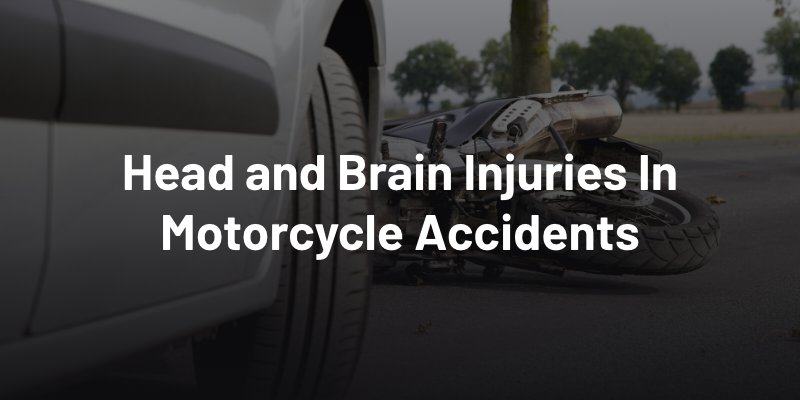
For motorcycle enthusiasts, little compares to the thrill of an open-air ride on the open road. Unfortunately, the very quality that makes a motorcycle ride exhilarating is also what leaves motorcyclists unprotected and vulnerable to severe injuries in an accident. With no surrounding metal structure or seatbelt, a motorcyclist makes direct contact with the road, obstacles, and sometimes a metal vehicle weighing 4,000 pounds or more. In a collision, roadway departure, or a motorcycle “lay down” accident—which occurs when a rider intentionally tips the motorcycle down on the road while in motion to avoid a collision—the rider faces a serious risk of head and brain injuries.
Do Helmets Prevent Brain Injuries In Motorcycle Accidents?
There are no federal laws requiring helmet use for motorcyclists. Instead, helmet laws are left up to the individual states. Today, some states have universal helmet laws—including Washington—requiring all motorcyclists to wear helmets. According to the National Safety Council, helmets saved over 25,000 lives in a recent two-year data period, yet helmet use has decreased by 4.5% since 2018.
A Department of Transportation (DOT) approved helmet protects the head and face from many types of injuries, including external contusions and lacerations to the head and face, and some forms of brain injuries that otherwise would result from blunt-force trauma. DOT data on hospitalizations shows that 21% of unhelmeted motorcycle accident victims suffered brain injuries compared to 15% of unhelmeted motorcycle accident victims.
How Do Brain Injuries Still Occur in Some Helmeted Motorcyclists?
Although an unhelmeted motorcyclist faces a significantly higher risk of a traumatic brain injury in an accident, the crash force of a motorcycle accident can cause some forms of brain injuries even to motorcyclists who wear helmets. When the head experiences a powerful jar, shake, or rapid back-and-forth movement the brain may twist or bump against the bony inner surface of the skull causing bruising, bleeding, and swelling that damages the sensitive brain tissue. The symptoms and degree of damage may increase for hours or even days after the initial trauma as inflammation develops and destroys sensitive bundles of nerve cells responsible for sending and receiving messages throughout the body. A personal injury lawyer in Everett can help you get the compensation you deserve for an injury.
What Types of Head and Brain Injuries Do Motorcycle Accident Victims Experience?
Depending on the severity of the accident and whether or not the motorcyclist was wearing a DOT-approved helmet, accident victims may experience any of the below types of head and brain injuries:
- Concussions: these are typically mild brain injuries from which most people fully recover but which can have lingering effects or cumulative effects if a victim suffers multiple concussions
- Contusions: bruises on the brain with temporary or permanent consequences to the brain’s function depending on whether or not cell death occurs and the portion of the brain impacted
- Diffuse axonal injury: this occurs when the brain shakes rapidly back and forth or twists inside the skull causing damage to the nerve fibers in multiple portions of the brain
- Intracranial hemorrhage: when bleeding occurs between the brain and the skull, causing pressure and damage to nerve cells
- Penetrating brain injuries: these occur when an object or obstacle penetrates through the skull due to the force of the accident, causing the destruction of nerve fibers and often swelling, bleeding, and bruising around the area, resulting in severe damage
- Coup-Contrecoup injuries: when the brain bumps back and forth inside the skull it causes damage on both sides of the brain
Besides brain injuries, motorcyclists commonly experience external head and facial injuries in a crash such as bruises, lacerations, dental trauma, broken jaw, and severe abrasions (road rash).
How Can a Washington Motorcycle Accident Lawyer Help?
Head and brain injuries can have life-long consequences for motorcycle accident victims. In fault-based insurance states like Washington, failing to wear a helmet impacts the ability to recover compensation after a motorcycle accident that causes head or brain injuries. Whether or not you or your loved one was wearing a DOT-approved helmet, it’s still possible to recover compensation after a motorcycle accident with assertive legal representation by an experienced Everett motorcycle accident attorney who will protect your rights. Call Wells Trumbull today for a free consultation on your case.